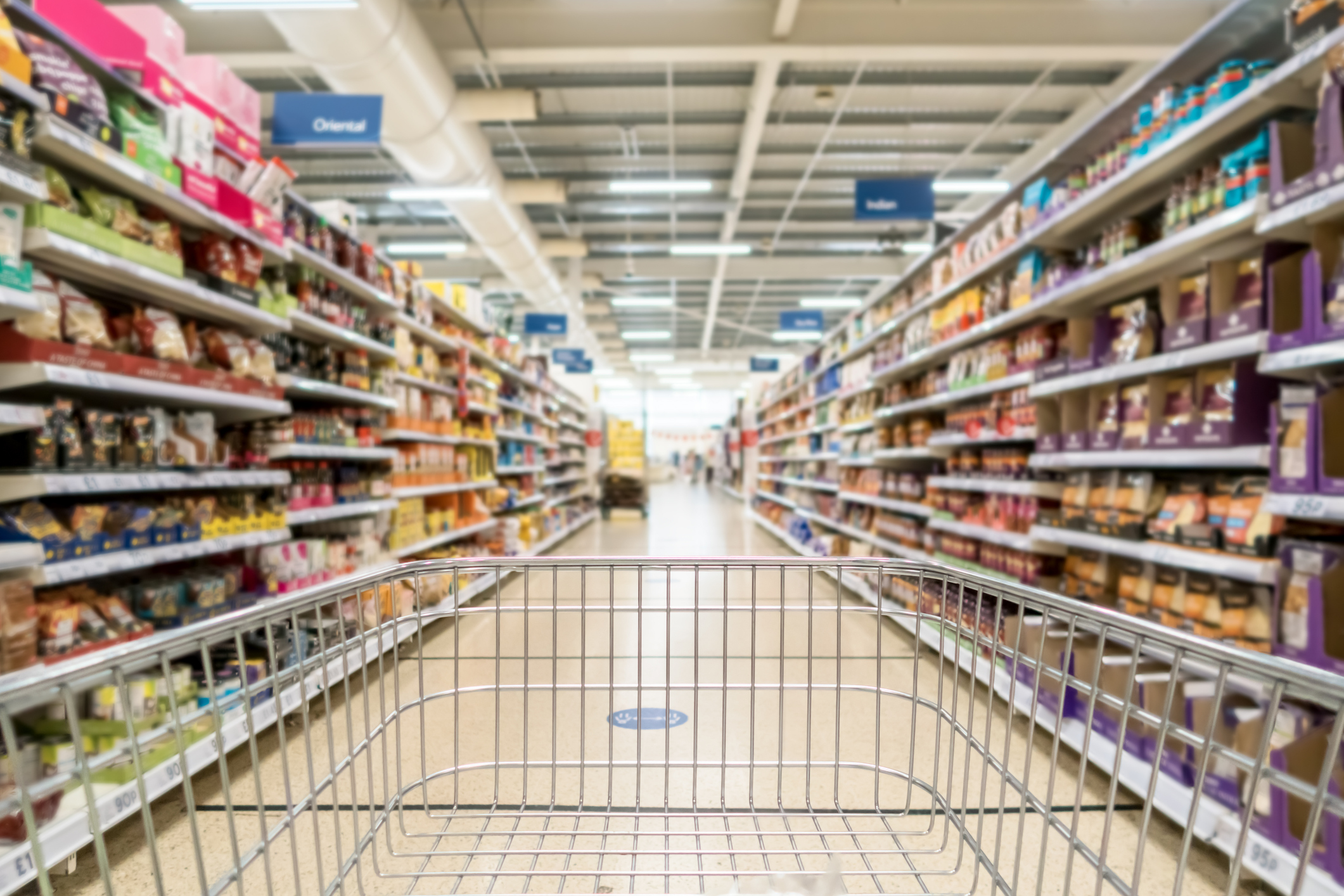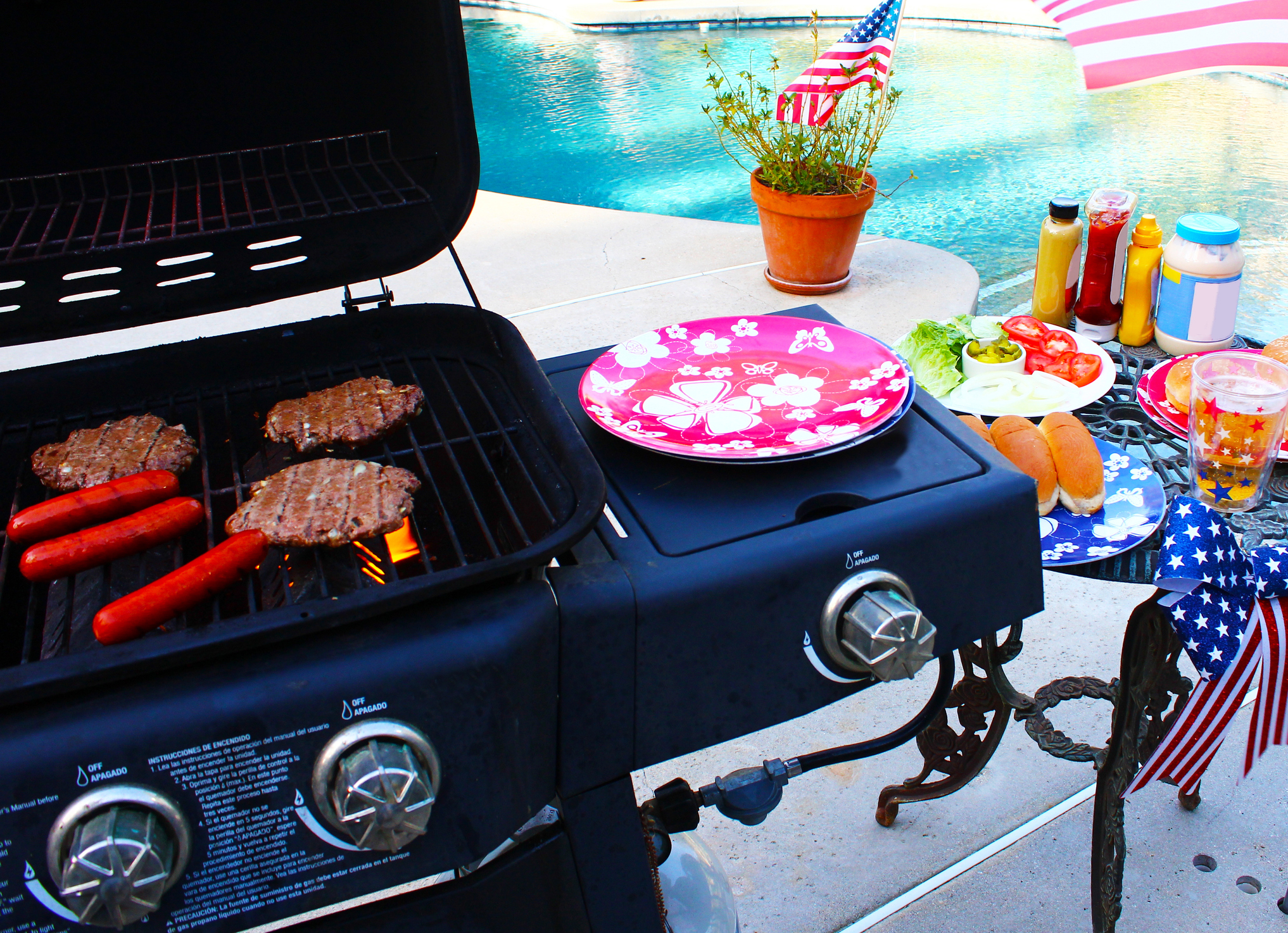Political ideology is often confused with morality today and government is seen as the ultimate answer to every disagreement. There are times, however, when the choices of individuals need to be allowed room to exist independent of government intervention.
House Bill 1735 proposes a ban on the production and consumption of foie gras in our state. Foie gras, or “fat liver,” is not your standard Wednesday night supper. It is served as a fine dining delicacy. That does not change the importance of allowing its production and consumption for the people who seek it out.
The proposal to ban its production and consumption is rife with doorways to other potential bans for foods legislators may not find appealing to their tastes: banana-flavored candy, broccoli, red meat, gluten-based baked goods and pastas, and so on. Allowing government to dictate what foods are considered acceptable on the plates of Washingtonians is a slippery slope that does not consider the needs of individuals. In households of limited incomes, food sensitivities, medical concerns, or other considerations, removing options based on political ideology potentially hinders nutritional fulfilment.
Proponents of the bill might say sacrificing foie gras is a small price to pay for stopping animal cruelty through “force feeding” of birds. However, as is often the case in animal activist bills, modern foie gras production is not the inhumane process many envision.
Ducks and geese live their lives free to roam on farms. Then, to mimic preparation for migration, during the two weeks prior to harvest, they are fed a diet of almost exclusively grain. The grain is fed to the birds by hand through soft, specialized tubes that place the grain directly into the birds’ crop, nearly identically to what would happen in the event of a bird swallowing a fish whole in the wild. The fattening of the liver that occurs during this two-week feeding period is the same fattening that would naturally occur during migration preparation and is how foie gras is produced. If the birds were not harvested, their livers would return to normal size and shed the additional fat that had been stored.
Ultimately, the bill is about choices and imposing the preferences of a particular group upon other people. Food choices are personal and should be respected. But that means all food choices, not just the food choices of some. Imposing government regulations on pantries, restaurants, and cultural exploration through cuisine puts dangerous limitations on how we choose to experience the world one bite at a time.





